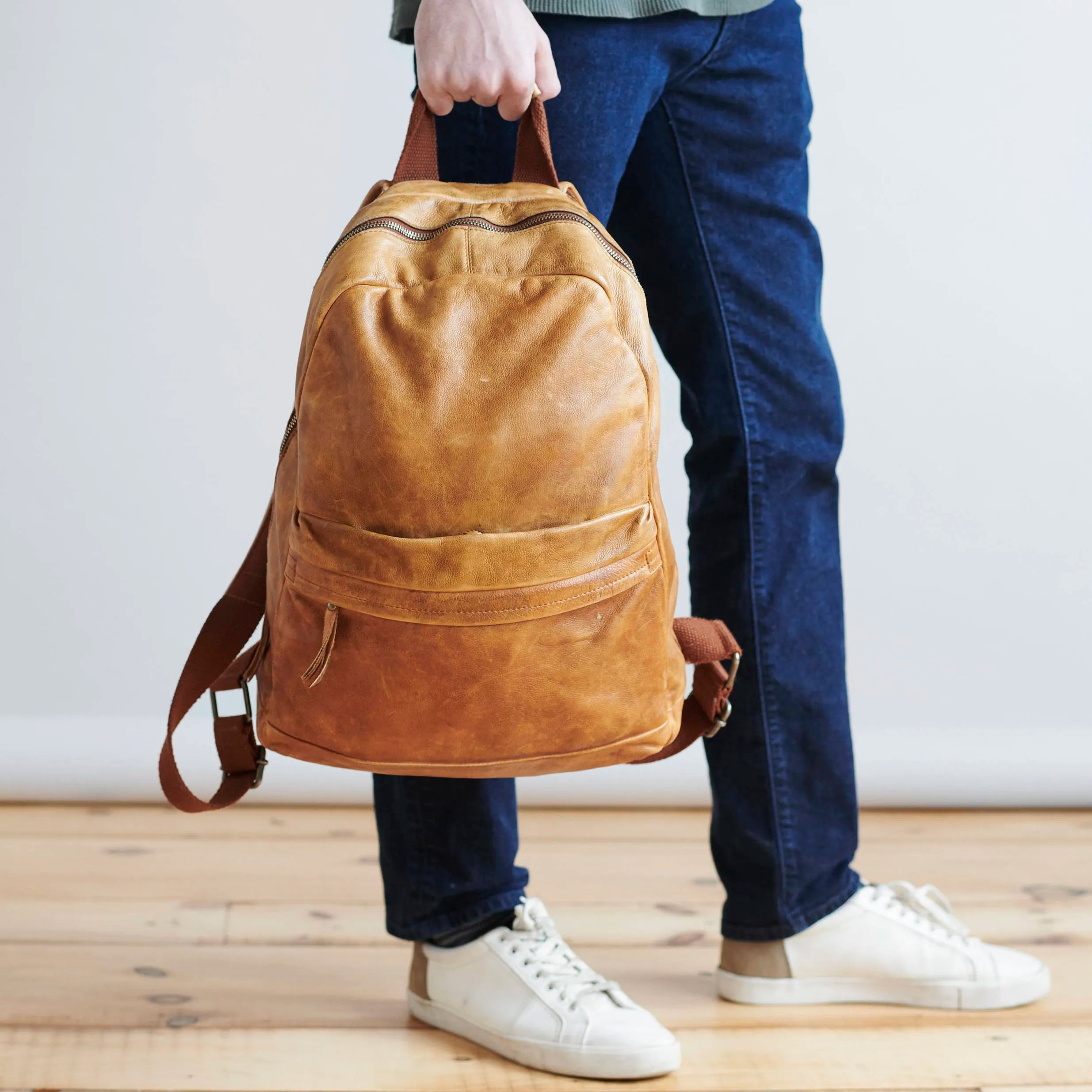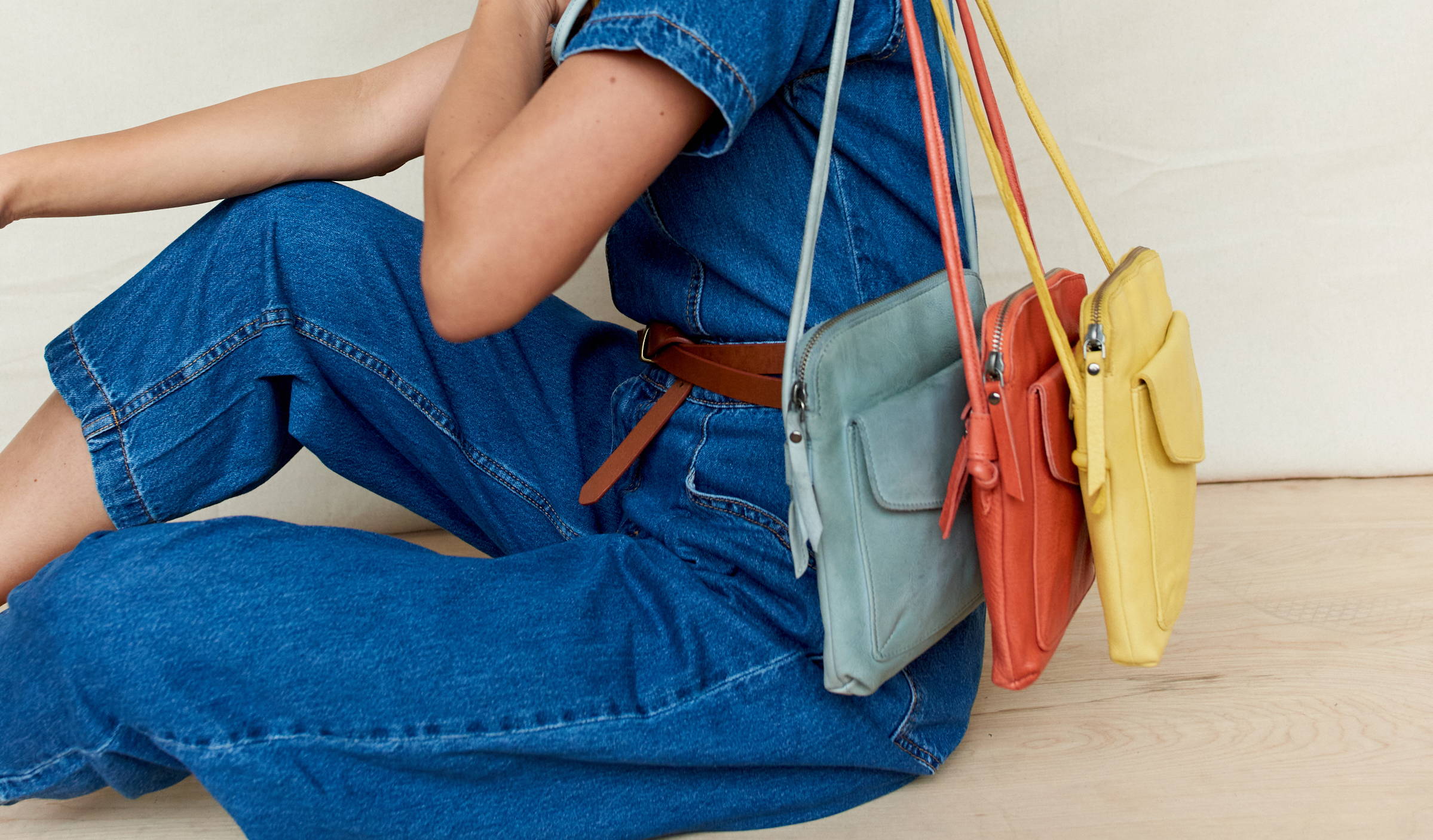THE LATICO PROMISE
Each Latico bag is handmade with love by talented artisans throughout South America and India. We're passionate about environmental sustainability and giving back — our leathers are byproducts of the meat and dairy industry that would otherwise go to waste.
Additionally, we donate 10 meals to Feeding America for every purchase made on our website. Thanks to our loyal customers, we've been able to donate 100,000 meals and counting to this incredible organization.
At Latico, we're transforming the perception of leather with our focus on sustainable, ethically-sourced products. By prioritizing local farms and fair-trade practices, we've created a method that reduces waste and promotes animal & worker welfare. Our commitment extends through every step of the process: ethical sourcing, non-toxic tanning, and fair treatment of our artisans. As consumers increasingly place more value on responsibly-produced goods, sustainable leather stands as a durable, high-quality, and truly planet-friendly choice. Explore our collections and join us on this journey to redefine leather, fostering a more sustainable fashion industry.

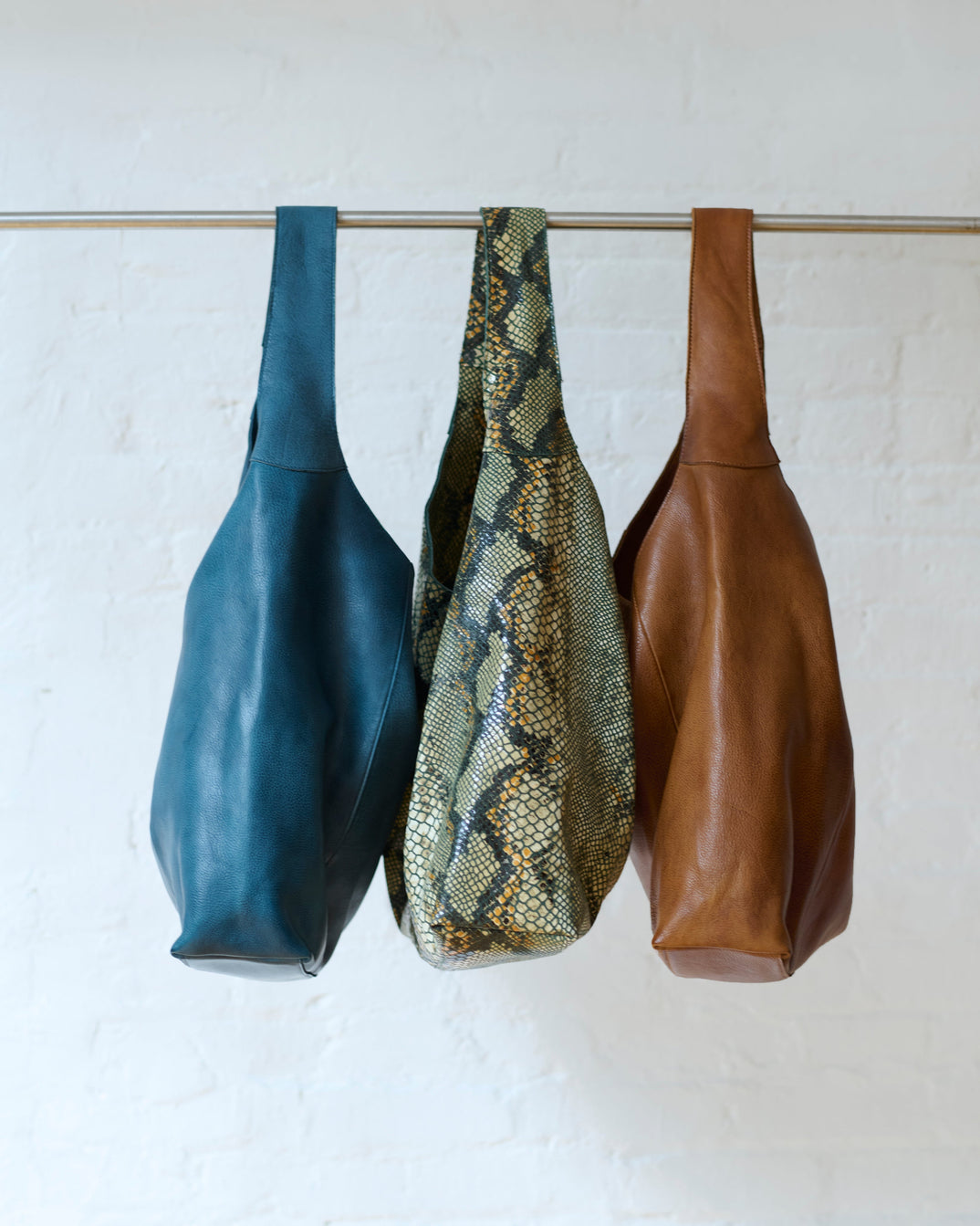
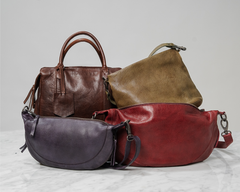
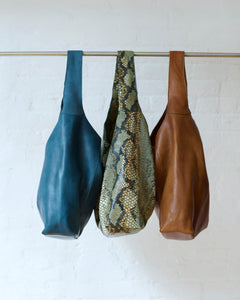
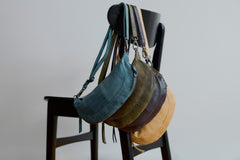
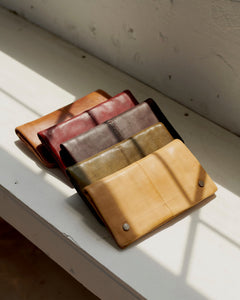
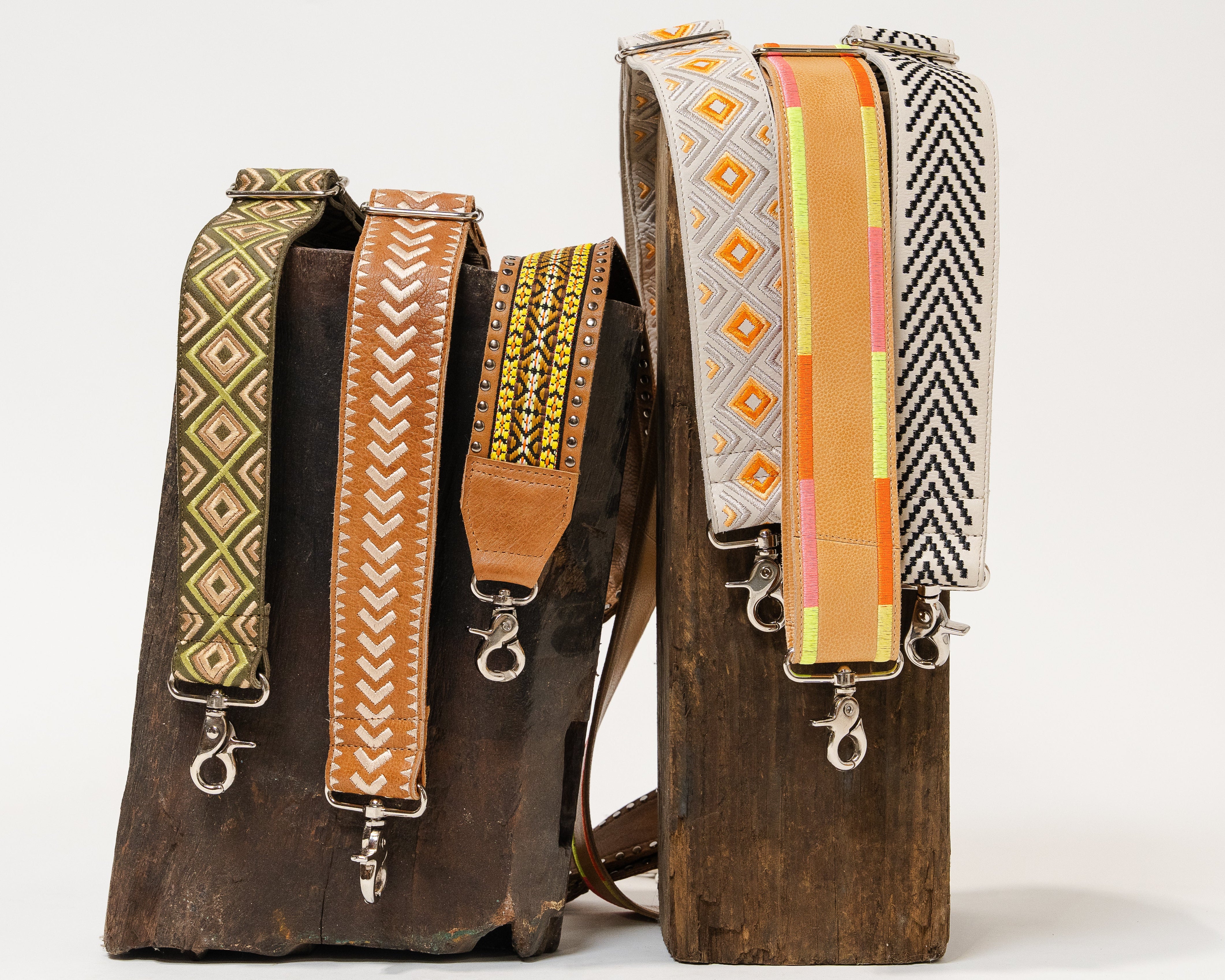
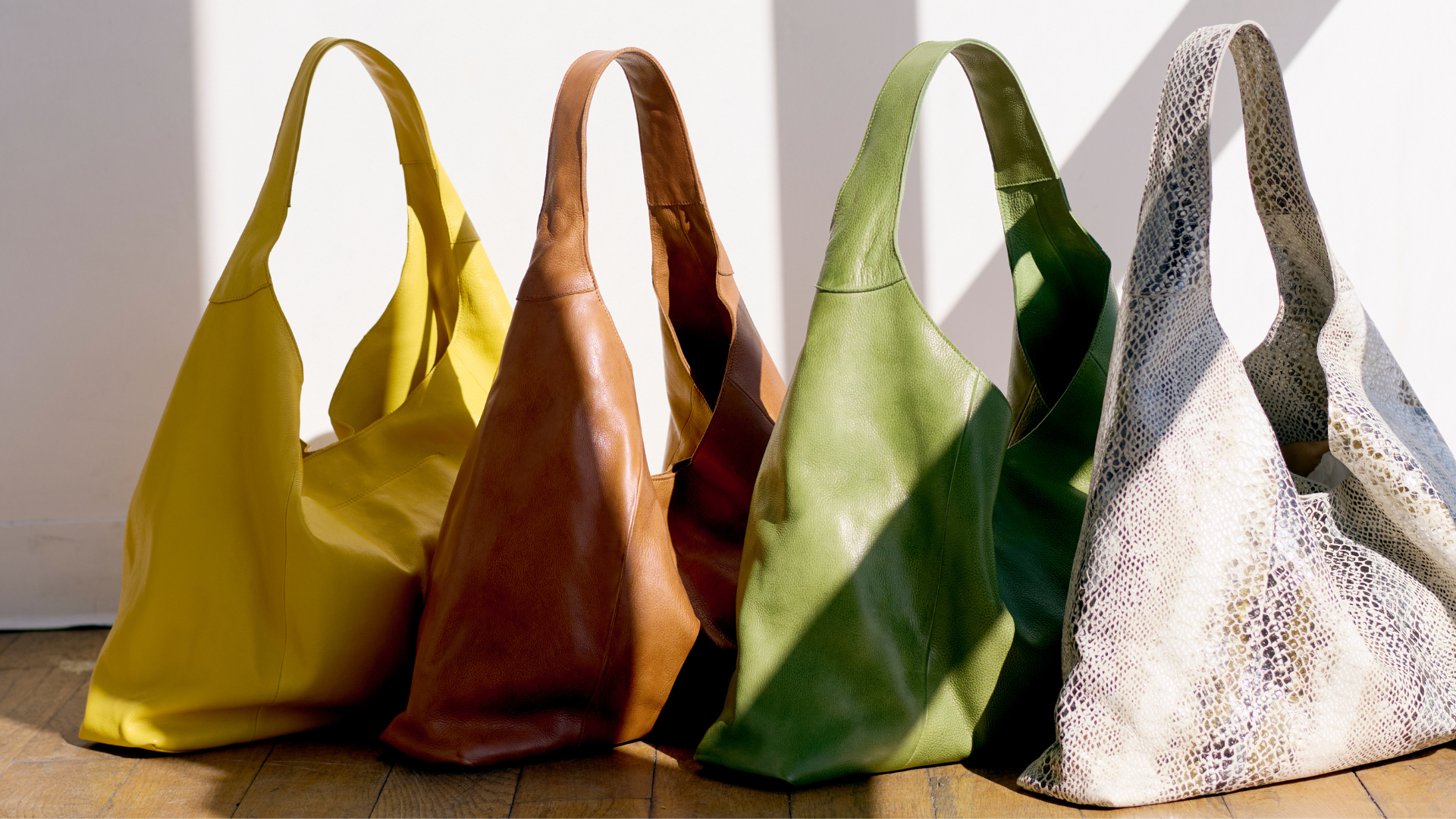
 Black
Black Bubble Black
Bubble Black Charcoal
Charcoal Cognac
Cognac Brown
Brown Cafe
Cafe Walnut
Walnut Almond
Almond Saddle
Saddle Eggplant
Eggplant Oxblood
Oxblood Burgundy
Burgundy Aubergine
Aubergine Tan
Tan Hazel
Hazel Ballet Slipper
Ballet Slipper Blush
Blush Camel
Camel Red
Red Orange
Orange Natural
Natural Burnt Orange
Burnt Orange Poppy
Poppy Plum
Plum Rosa
Rosa White
White Oat
Oat Grey
Grey Cobra
Cobra Desert Trail
Desert Trail Denim
Denim Indigo
Indigo Emerald
Emerald Teal
Teal Turquoise
Turquoise Sky Blue
Sky Blue Grass
Grass Green
Green Moss
Moss Olive
Olive Yellow
Yellow Lemon
Lemon Honey
Honey Chartreuse
Chartreuse Mustard
Mustard